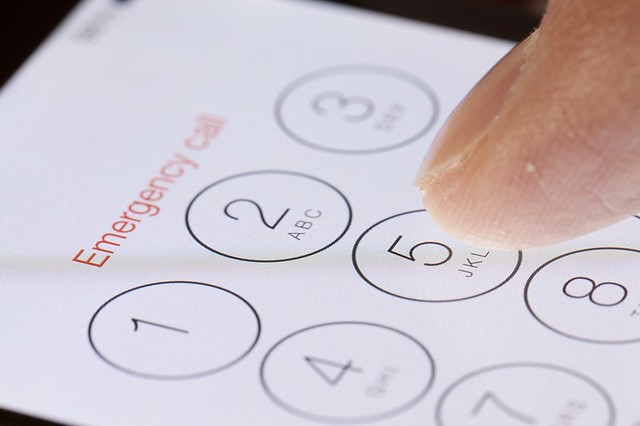
How many times have you been asked to provide information for an emergency contact? It’s a common question on so many of the forms and applications that we fill out on a regular basis —from job applications to sports activity waivers. So who makes the best type of contact and what should they know?
Who to choose as your emergency contact
Someone who knows you well.
It could be a family member, friend or neighbor. Some people automatically put down their parents’ contact information because these are the people who know them best or, simply, because they always have. But if your parents are your default contacts, you may want to revisit that every so often. In some cases, adult children have removed their parents as their emergency contacts because they worry that their parents may not react well to receiving emergency news over the phone from a stranger, or are physically, mentally or emotionally unable to coordinate care for another person.
This person should also have access to your other family members or close friends who you may want to know if you are in a health crisis. Does your emergency contact feel comfortable reaching out to your circle of loved ones? Do they have phone numbers for quick access? Will they know who you’d like to be reached?
Someone who is available.
Is your closest family member retired and travels often? Or are they out of town frequently for work? Has your trusted emergency contact moved out of state since you last updated your records? Be sure that your emergency contact is someone who is often available, and preferably, local.
Being available also means that your emergency contact is likely to answer their phone immediately or check messages on a regular basis. Consider where they are in their life and if they have the time, bandwidth and attention to give to another’s person’s urgent needs.
Someone who you can share health details with confidentially.
If you are embarrassed to broach a health subject with someone, they may not be the best emergency contact candidate. You should feel comfortable sharing your disease history, medications, any addiction issues and the like with the person you choose. If it helps, write out essential health notes that you can use to explain, or you can hand off to your contact to read privately.
What you tell your emergency contact
“Your best contact is someone who knows your medical history and how to contact family and friends in the case of an emergency,” says Terri Palazzo MS, RN, Senior Director of Emergency Services and Nursing Quality at
Mercy Medical Center, in Baltimore, Maryland.
It’s best if your contact has an up-to-date list of:
- Medications
- Allergies
- Brief medical history of any chronic medical conditions
- Past surgical history and
- Family contact information
“Many patients who present to the ED have a single page with an overview of history and accurate medication list that they bring with them or keep in their wallet,” Palazzo says. “This is very helpful and a good practice.” This also helps take some of the responsibility off the contact person, who would only need to verify that the information is up-to-date.
How to store the information
With more people than ever carrying around smart phones and other electronic devices, some people recommend that you use these devices to list your emergency contact information. For example, a tip that frequently circulates on the Internet is to use ICE in your contacts to identify your emergency contact info – ICE stands for In Case of Emergency. Palazzo doesn’t necessarily recommend this: “Phones are locked out many times,” she explains. “ICE can work if your phone does not have a passcode.
The single sheet in your wallet is another way to do it. Sometimes low-tech is a better solution.”
Special considerations, such as travel
When traveling with a friend, spouse or family member, you may want to list two emergency contacts: the person you are with and someone at home.
he person you are traveling with should then be able to provide some basic information about contacting family/friends and your basic medications and history.
“If you become ill and need medical attention while traveling—sometimes you need someone who can answer health related questions and contact others at home,” Palazzo explains. The contact person at home would be for an emergency if the person you are traveling with isn’t available.
No one plans to have a medical crisis or be in an accident, but life has a way of throwing curveballs when you least expect it. By planning ahead, you and your contact person can help make things a bit easier for those who may need to take care of you in an emergency.
 How many times have you been asked to provide information for an emergency contact? It’s a common question on so many of the forms and applications that we fill out on a regular basis —from job applications to sports activity waivers. So who makes the best type of contact and what should they know?
How many times have you been asked to provide information for an emergency contact? It’s a common question on so many of the forms and applications that we fill out on a regular basis —from job applications to sports activity waivers. So who makes the best type of contact and what should they know?
